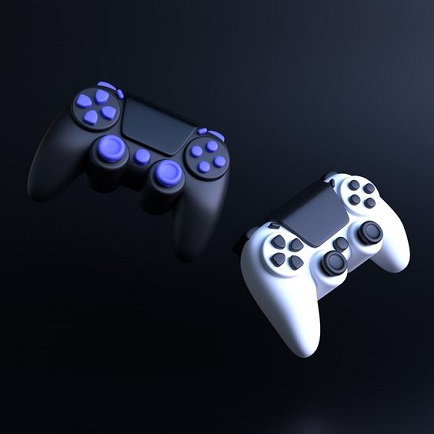In the vast landscape of gaming, the controller you choose can significantly impact your overall experience. Whether you’re playing on a console or PC, the right gaming controller can enhance your performance and enjoyment. In this guide, we’ll explore the key factors to consider when selecting a gaming controller to help you find the perfect fit for your gaming style.
1. Understanding Your Gaming Needs
Before diving into specific controllers, it’s essential to identify your gaming preferences. Consider the following:
- Gaming Platform: Are you gaming on a PC, PlayStation, Xbox, or Nintendo Switch? Some controllers are designed for specific platforms, while others offer cross-compatibility.
- Game Genre: Different genres may require different controller features. For example, racing games often benefit from controllers with precision triggers, while fighting games may require responsive buttons.
2. Types of Gaming Controllers
There are various types of gaming controllers, each with its unique features:
- Standard Controllers: These are the traditional gamepads that come with consoles and are compatible with most games. They usually have a comfortable grip, analog sticks, and a variety of buttons.
- Pro Controllers: Designed for serious gamers, pro controllers often include additional features such as customizable buttons, adjustable sensitivity, and ergonomic designs for extended play sessions.
- Arcade Stick Controllers: Ideal for fighting games, these controllers feature a joystick and large buttons, allowing for precise inputs and a more authentic arcade experience.
- Racing Wheels: Specifically designed for racing games, these controllers provide a realistic driving experience, complete with force feedback and pedal setups.
3. Key Features to Consider
When selecting a gaming controller, pay attention to the following features:
a. Ergonomics
Comfort is crucial, especially during long gaming sessions. Look for controllers that fit comfortably in your hands and have an intuitive button layout. Test the grip and weight to ensure it feels right for you.
b. Button Layout and Customization
A well-organized button layout enhances your gaming experience. Some controllers allow you to customize button mapping, which can be beneficial for competitive gaming.
c. Wireless vs. Wired
Wireless controllers offer the freedom to move around without being tethered to your console or PC, while wired controllers typically have lower latency and do not require batteries. Consider your gaming environment and preferences when choosing between the two.
d. Build Quality
A durable controller can withstand intense gaming sessions. Look for controllers made from high-quality materials that can handle regular use without wear and tear.
e. Compatibility
Ensure that the controller you choose is compatible with your gaming platform. Some controllers work across multiple devices, while others are platform-specific.
f. Additional Features
- Vibration Feedback: Provides tactile feedback during gameplay, enhancing engaging.
- Adjustable Sensitivity: Lets you customize how responsive the analog sticks and triggers are, which can be crucial for competitive gaming.
- Built-in Headset Jack: A controller with a headset jack allows for in-game communication without needing additional adapters.
4. Testing Before Buying
If possible, test controllers in-store to get a feel for their ergonomics and responsiveness. Many retailers have demo units available, allowing you to assess how each controller feels during gameplay.
5. Reading Reviews
Once you have narrowed down your choices, read reviews from other gamers to understand their experiences. Look for feedback on performance, durability, and comfort.

